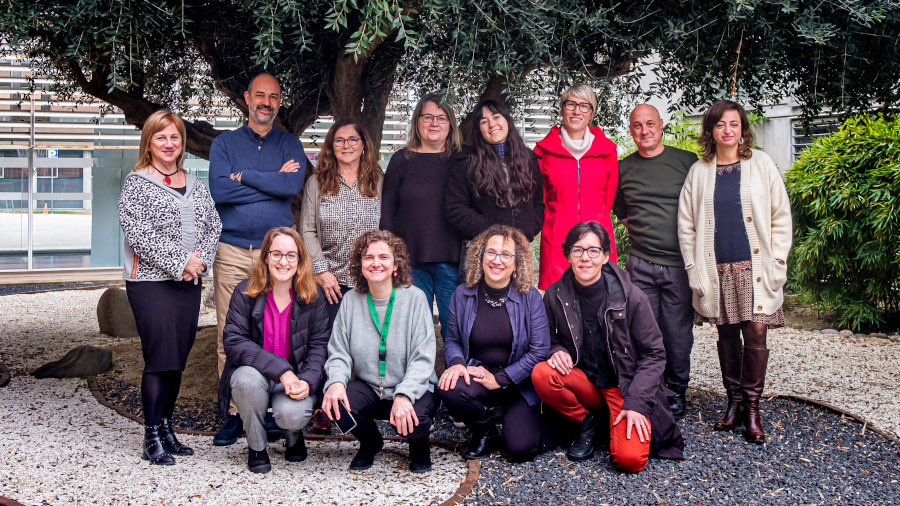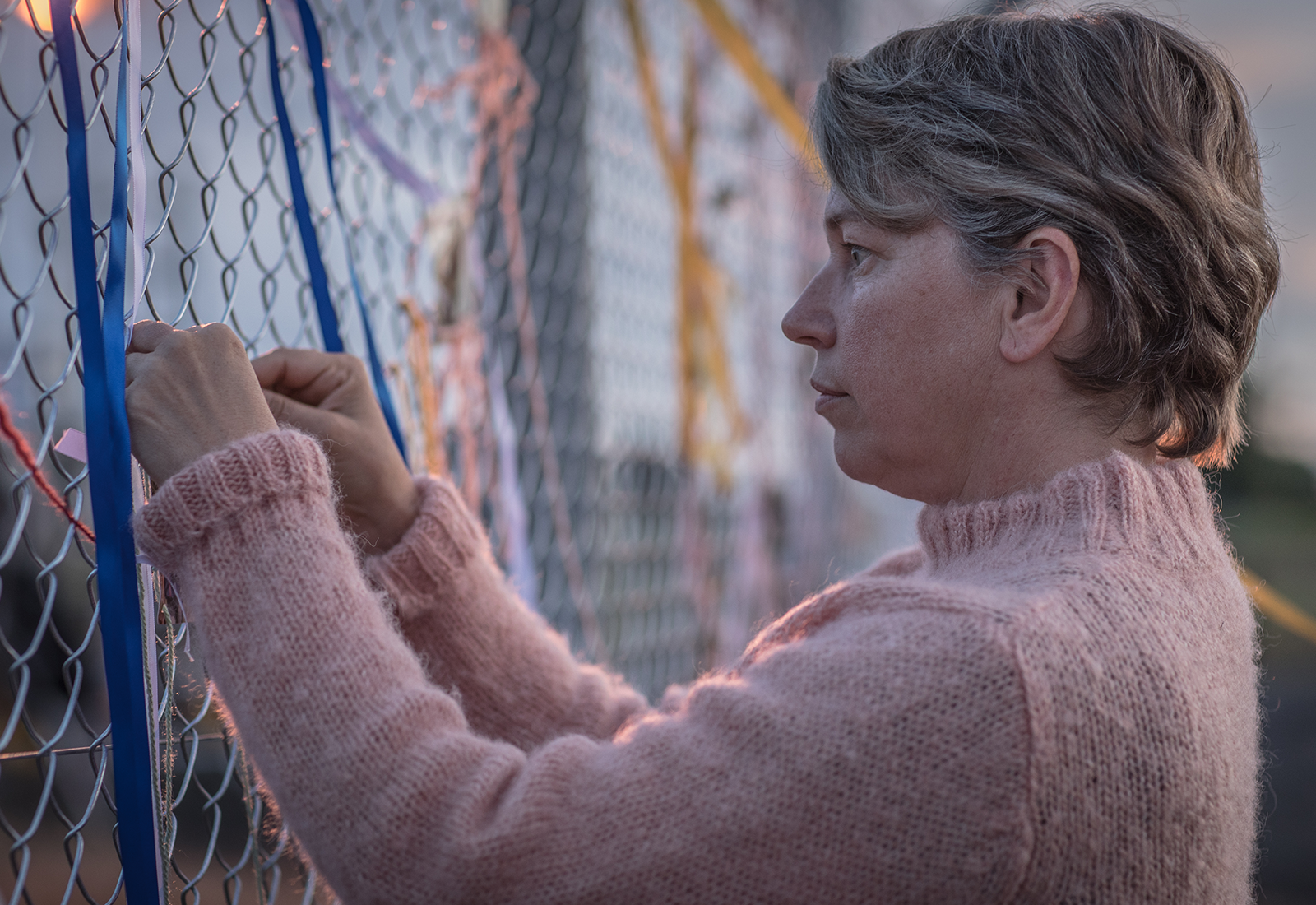
Catalunya Film Festivals supports as an affiliated entity of the Xarxa AccessCat
Last Thursday, May 18th, the official presentation of the Xarxa AccessCat took place, the Innovation Network on Accessibility in Catalonia: Media, Education, and Culture. It consists of 12 research groups from 8 Catalan universities and research centers, including UB (with the CLiC and DIDPATRI research groups), UPF (with the GTI, TALN, and TRADILEX research groups), UPC (with the QURBIS research group), URV (with the Language and Technology research group), UOC (with the NODES research group), UVic-UCC (with the TRACTE research group), and the i2Cat Foundation (with the MiA research group). Professor Anna Matamala, a researcher from the TransMedia Catalonia research group at the Department of Translation, Interpretation, and East Asian Studies of UAB, is the network director.
The network will focus on knowledge and technology transfer in the field of accessibility to information and communication, especially in the areas of media, education, and culture. The affiliated entities are particularly interested in the network’s objectives and the potential results that can be derived from them, as the proposal can have a clear social impact.
Catalunya Film Festivals, an affiliated entity of the project, supported the proposal led by the TransMedia Catalonia research group at UAB in July 2022 to seek the necessary funding from the AGAUR R&D&I Networks Grants Program of the Department of Research and Universities of the Generalitat.
In April of this year, the TransMedia Catalonia UAB research group, through Estel·la Oncins Noguer (Post Doctoral Research Fellow TransMedia Catalonia), communicated to the affiliated entities that funding has been secured for 3 years.
Starting from January 1st, 2023, and for a period of three years, the AccessCat network will work to become a reference in accessibility to information and communication, particularly in the fields of culture, education, and media, and will promote transfer and innovation activities. Some of the planned activities include offering a portfolio of services from the network’s research groups, raising awareness of research and training in the field through the Media Accessibility Platform (MAP), providing training to external companies and entities on accessibility to information and communication, as well as conducting demonstrations or showcases to raise awareness and propose solutions in the accessibility field. The network will offer support to its members in finding disruptive solutions to accessibility-related issues, raising awareness about accessibility, internationalizing research, and participating in international missions, fairs, and transfer actions.
The network shares the accessibility knowledge obtained by various universities and conducts knowledge transfer in both directions. The network aims to become a reference in the field of accessibility to information and communication and will support transfer and innovation activities of the participating research groups. The objective of the AccessCat network is to promote and develop the transfer of research results in accessibility to information and communication, with a special emphasis on social impact and user involvement.



